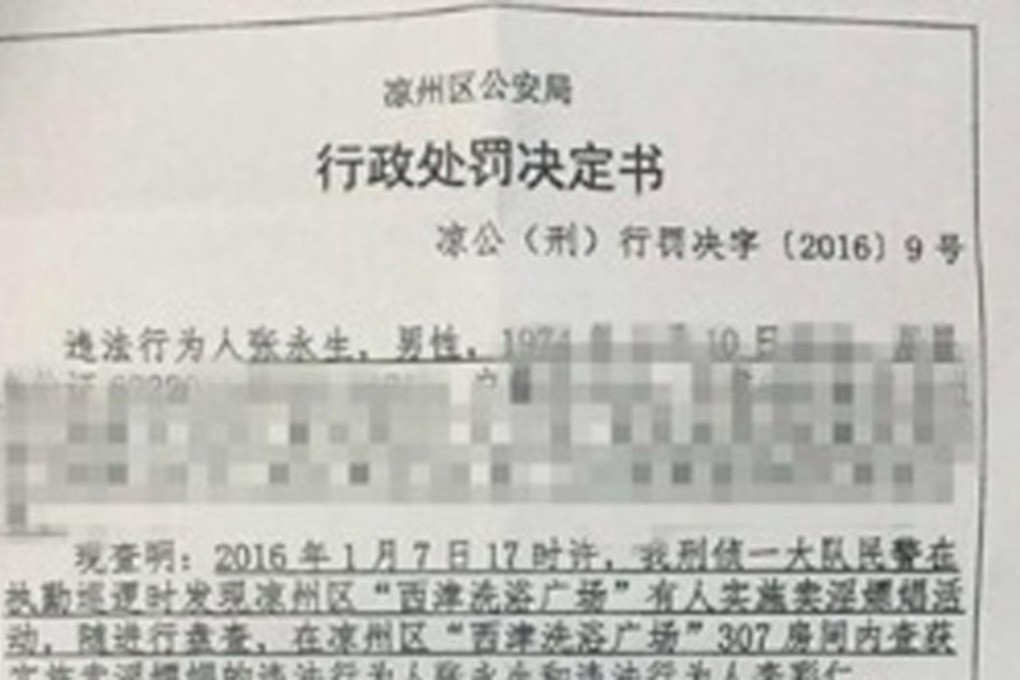‘Only truth can calm the public’: What prompted the arrest of three investigative journalists in China?
Social media comes alive with outrage at the arrest of journalists for writing about Gansu province in ‘unflattering terms’

The arrest of three investigative journalists in Gansu (甘肅) province has escalated into a nationwide controversy, prompting an investigation by provincial prosecutors and calls from state-run media for transparency from the local police department.
The case has gained attention as the trio, stationed in the city of Wuwei (武威), had all written about the city in unflattering terms, with some of their articles drawing nationwide attention.
Such articles had damaged relations between the three journalists and the city’s propaganda officials long before the arrests, a source told the South China Morning Post.
Questions over the arrests first arose when it emerged that one of the trio, Zhang Yongsheng, had been detained on January 9 on suspicion of paying for prostitution, which is not a criminal act.
READ MORE: Whistle-blowing Chinese journalist vows to continue exposing corruption as Beijing prosecutors drop charges of defamation
The details of Zhang’s detention were outlined in a letter sent by his employer the Lanzhou Morning Post to Wuwei authorities in an unsuccessful attempt to seek his release, the source said.